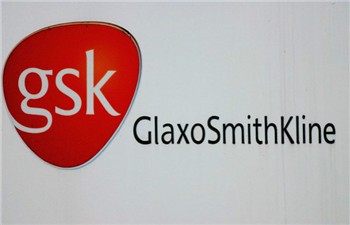
GlaxoSmithKline has teamed up with Alphabet, Google’s holding company, to treat disease through miniature implants that affect electrical signalling along nerves, with the aim of creating a powerful new force in bioelectronics.
葛兰素史克(GlaxoSmithKline,简称GSK)与谷歌(Google)持股公司Alphabet合作,将通过影响神经电信号的微型植入设备治疗疾病,力求在生物电子领域缔造一股强大的新生力量。
GSK and Alphabet’s Verily Life Sciences — formerly Google Life Sciences — are setting up Galvani Bioelectronics to develop and commercialise bioelectronic medicines. They plan to invest £540m over seven years in the jointly owned company, as well as contributing existing intellectual property.
GSK与Alphabet旗下的Verily Life Sciences(前身为谷歌生命科学(Google Life Sciences))将联手创建Galvani Bioelectronics,开发生物电子医疗手段并将其商业化。两家公司计划在7年时间里向这家合资公司投资5.40亿英镑,并贡献现有的知识产权。
GSK will own 55 per cent of the new UK-based business and Verily the remaining 45 per cent. Galvani will be based at GSK’s main UK research centre in Stevenage.
新公司总部将设在英国,GSK将持有该公司55%股权,Verily将持有其余45%股权。Galvani的总部将设在GSK位于英国斯蒂夫尼奇(Stevenage)的主要研究中心。
Bioelectronics is a new medical field that aims to tackle a wide range of chronic diseases, such as arthritis, diabetes and asthma, with tiny computerised implants. This approach could represent a third way of treating disease, alongside conventional medicines and vaccines developed through chemistry and biology.
生物电子是一个新的医疗领域,致力于通过电脑化的微型植入设备治疗多种慢性病,例如关节炎、糖尿病和哮喘。这种方法可能代表着第三种治疗疾病的方法,其他两种方法是传统药物以及通过化学和生物技术开发的疫苗。
Moncef Slaoui, who has championed GSK’s bioelectronics research since the company started working in the field in 2012, said: “Many of the processes of the human body are controlled by electrical signals firing between the nervous system and the body’s organs, which may become distorted in many chronic diseases.
自2012年GSK开始涉足生物电子领域以来一直领导GSK生物电子研究的蒙塞夫•斯拉维(Moncef Slaoui)表示:“人体很多过程由在神经系统和身体器官之间发射的电子信号控制,这些信号可能会因多种慢性病而失真。”












